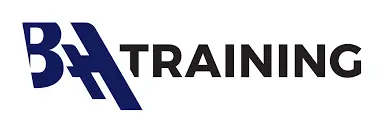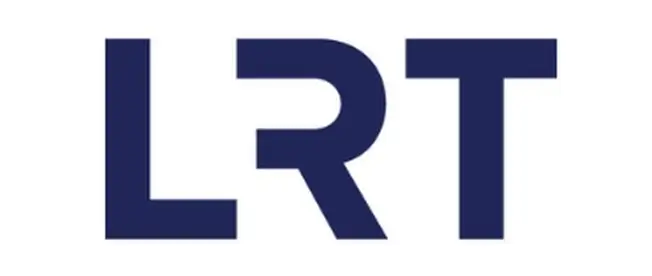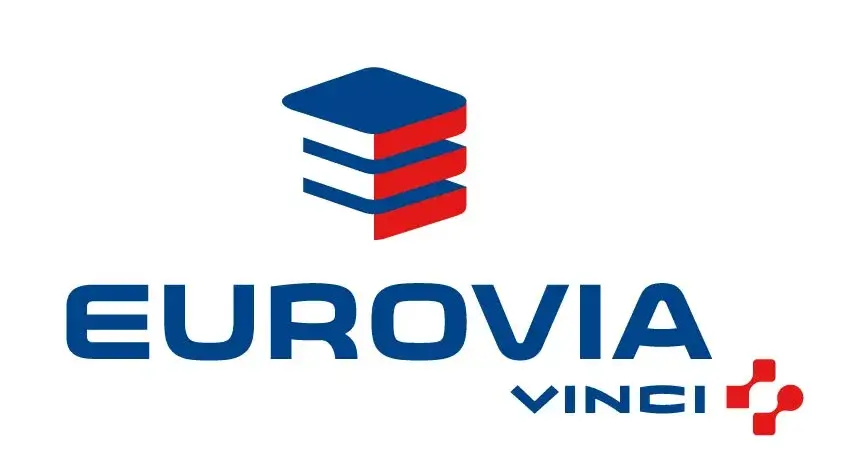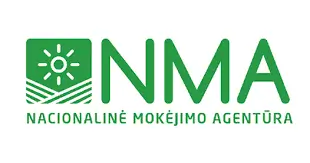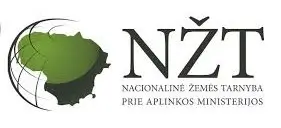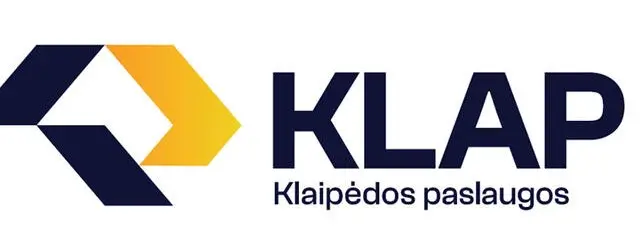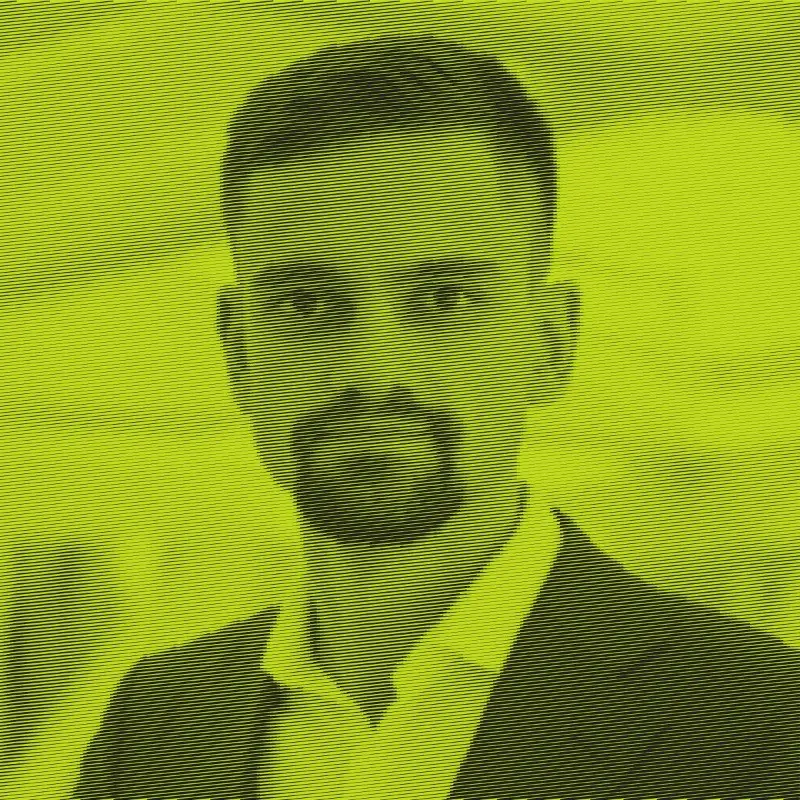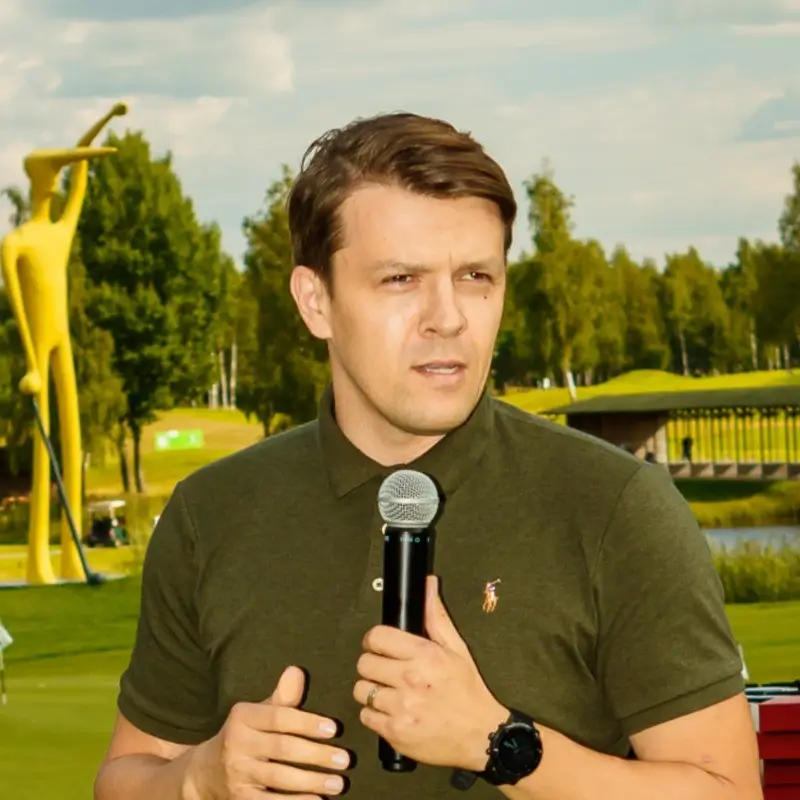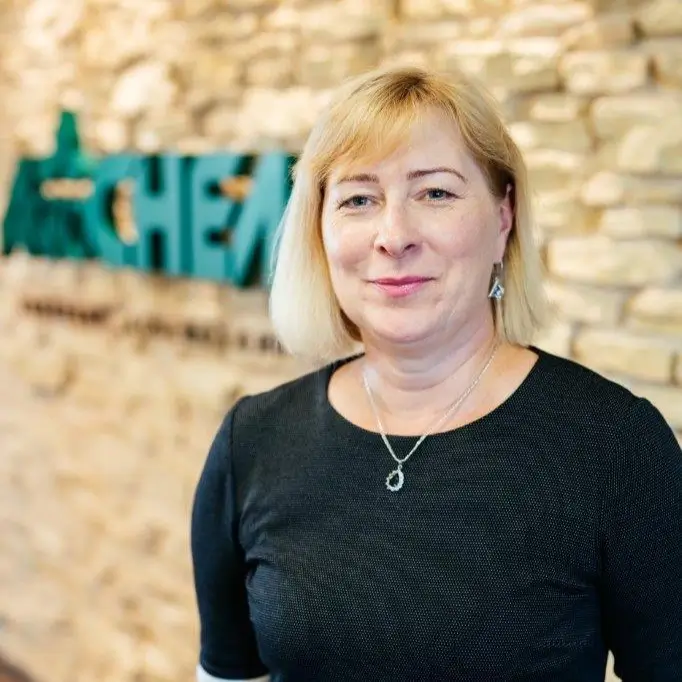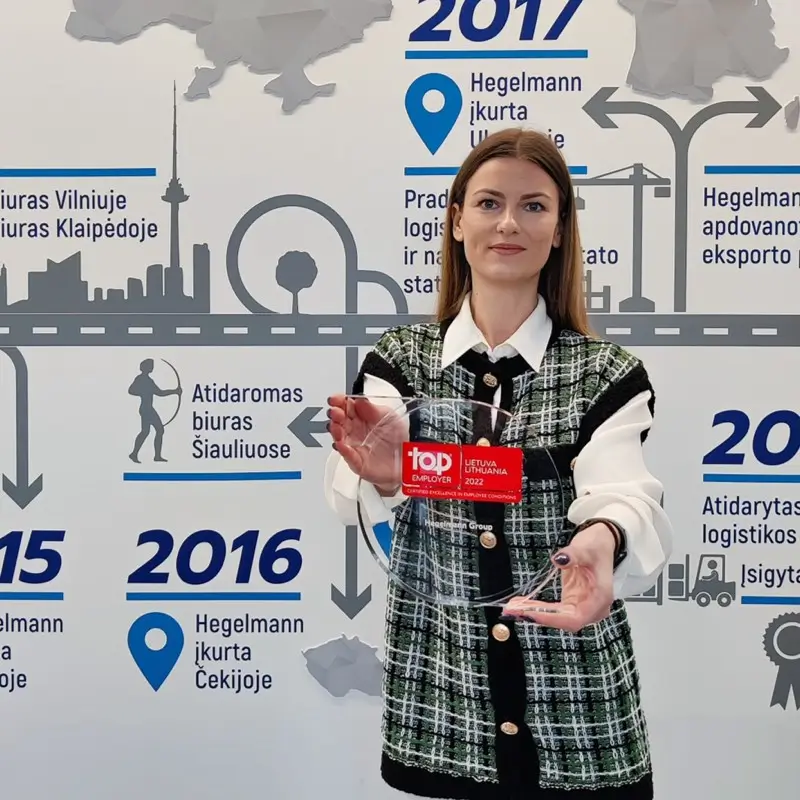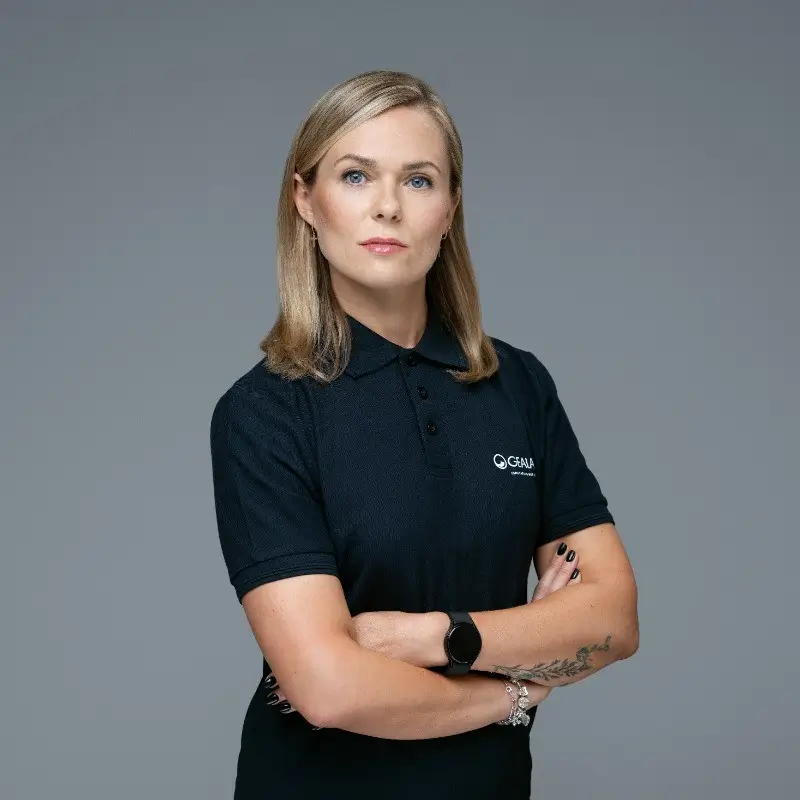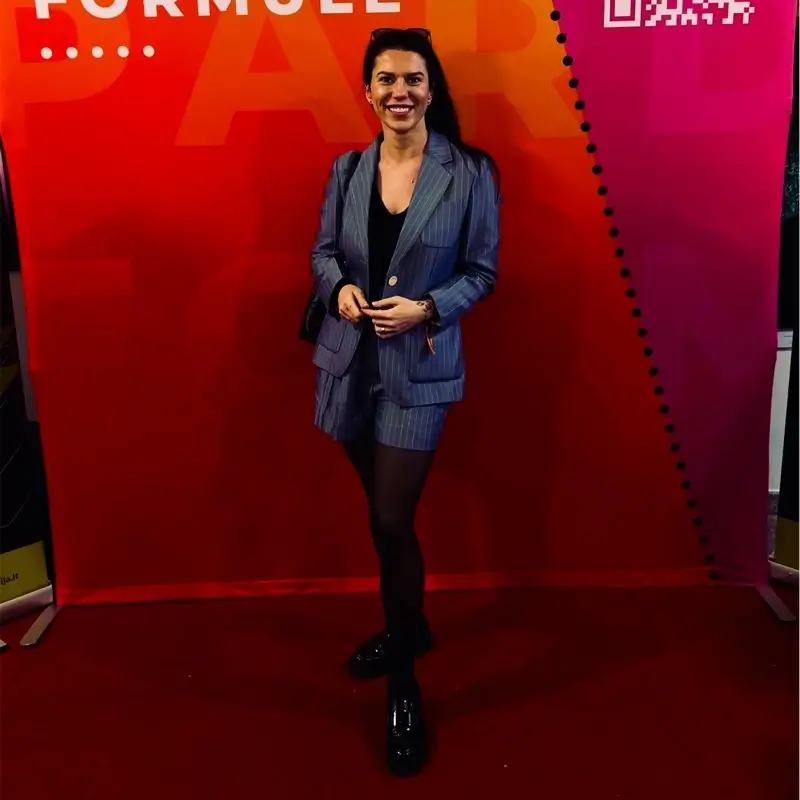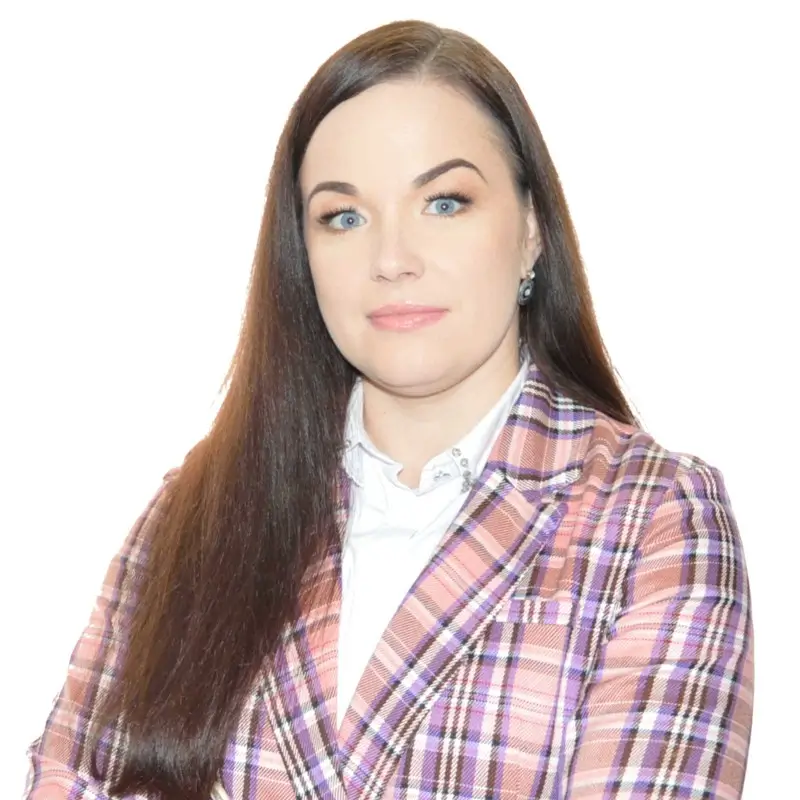Training for teams
Training tailored to your organisation’s needs
Team training is tailored to the specific needs of your organisation, so before the training starts, the challenges of the organisation, the training team and its individual members are identified, as well as the objectives for building their competences.
Knowledge-based solutions
Necessary surveys and tests, such as a structured 360-degree assessment of leadership competences, a personality-types test, a team cohesiveness diagnostic, etc., are administered as needed. Based on the data collected in different ways, training programmes are developed according to the specific situations and objectives of your organisation or team.
Duration of training
The normal duration of the module is one day or two half-days.
Training programmes
Individual one-day training courses or continuous training programmes. In the case of continuous training programmes, the training module may be followed by coaching, mentoring or counselling sessions aimed at overcoming challenges and applying solutions related to the topics covered in the module in the participants’ working environment.
Self-assessment tasks
At the end of each module of the continuing training, participants will be given tasks to complete independently. These tasks are related to the topic of the training module and the consolidation and practical application of the knowledge acquired during the training in their daily work. These tasks can be of several types: individual tasks; tasks to be carried out with members of your own team; and tasks to be carried out with your immediate supervisor (if any).
Let's connect for a video chat
Let’s connect for a video chat to understand your needs and expectations and discuss how we can meet them.
Training modules
- The minimum amount of theory is only what is immediately applicable to the work. Theory/practice ratio - 30%/70%.
- Experiential learning methodology is used, where participants try out the methods and tools presented in practical tasks, building their application skills.
- Direct application of theory and recommendations to develop practical solutions for their own working environment during the training and in the course of their own work.
- A large number of practical exercises and situational simulations, maximally adapted to the real working environment, in order to develop the necessary skills through personal experience.
- Analysis of best practices and practical situations and the search for solutions, both individually and in working groups.
- Tasks designed to develop the attitudes necessary for effective leadership and management.
- Discussions focused on finding solutions to apply new ideas and recommendations at work - what was learned during the training.
- Self-work assignments after each training session to put the skills learned into practice in the workplace.
The training delves into the topic of leadership and management, emphasising the mindset, goals and objectives and the functioning of managers and professionals. The main functions of a manager are analysed, as well as situational leadership. Participants deepen their knowledge of how to apply different leadership styles depending on the motivation and competence level of the employees. The module also explores the functions and roles of a manager, how to build trust within a team and how to lead effectively in different problem situations.
Topics:
- The main differences between the mindset and functioning of a leader and a professional.
- Principles and values of a leader and a manager.
- The main roles of a leader: specialist, coordinator, strategist.
- Analysis of the manager's functions: management, leadership, development.
- Situational leadership styles: instruction, developmental leadership, support, delegation.
- Trust in the manager: how to develop and maintain it.
- Managerial behaviour in different problem situations.
Participants will learn about time management principles and efficiency strategies to help them use their time more effectively in their professional and personal lives. The module covers three blocks of topics: time management objectives, time management, time management and personal efficiency strategies. It focuses on practical tools and techniques to optimise time planning and use, overcome procrastination and increase personal productivity.
Topics:
- Time management goals and motivation.
- Personal time audit: inventory of time resources.
- Changing habits.
- Time planning models and tools.
- Techniques to overcome procrastination.
- Efficiency strategies.
- The ability to say 'no'.
- Creating a personal productivity plan.
During the training, participants analyse how the organisation's goals relate to personal goals and motivation for action. The relationship between the organisation's strategy, departmental goals and the goals of team members is discussed. It looks at how to set clear and motivating goals that are aligned with the organisation's strategy and ensure that team members understand and achieve them. Participants also gain practical skills to strengthen team accountability and ownership of goals.
Topics:
- Aligning personal and organisational goals.
- Team goal setting and motivation.
- Principles of goal setting and cascading.
- Measuring the success of leaders and their teams.
- Involving the team in goal setting.
- Ensuring accountability of team members.
The training focuses on the practical aspects of introducing change in the organisation and the team, and the key psychological and managerial aspects of resisting change. This module explores the stages of change management, the challenges and the strategies that help to implement change effectively in an organisation. Participants will learn how to manage change successfully, avoid mistakes and ensure that change is properly integrated into the culture of the organisation.
Topics:
- Stages of change management.
- The psychology of change.
- Managing change: key challenges and mistakes.
- Communicating change in an organisation.
- Crisis situations and their management.
- Putting the change model into practice.
The training covers the performance management cycle in an organisation, its main elements and the role of managers in them. The module covers how to organise performance management conversations in the organisation and in the team, the topics and structure of individual conversations. The essential elements of feedback are discussed to make it a tool for effective learning and growth, and the giving and receiving of feedback is practised.
Topics:
- The performance management cycle in the organisation and the team.
- Structure of individual interviews with team members.
- Necessary actions before, during and after the interview.
- Basic principles of feedback.
- Giving and receiving constructive criticism.
- Principles and mistakes of positive feedback (praise).
The training focuses on how managers can effectively delegate tasks and functions to optimise their own performance and that of their team and to foster growth. The module looks at the delegation process and its components, including task assignment, control mechanisms and problem solving. Particular attention is paid to how delegation can be used to develop the competences of team members and how to provide constructive feedback.
Topics:
- Delegation of managerial tasks and functions.
- The structure and stages of the delegation process.
- Methods of monitoring delegated tasks.
- Methods of solving problems arising during delegation.
- Use of delegation to develop the competences of team members.
- The use of feedback in delegation.
The training explores how to build a cohesive team and motivate team members in non-financial ways. It discusses the key attributes of a cohesive team and the elements that help teams function effectively. The module also looks at the causes of team cohesion and how to address them for better performance. Participants will learn about motivation theories and their practical application in everyday life, as well as various non-financial motivational tools. The training focuses on the creation of traditions and rituals to increase team engagement and togetherness.
Topics:
- The most important attributes and elements of a cohesive team.
- Causes of an uncohesive team and ways to address them.
- Practical application of motivational theories at work.
- Non-financial means of motivating the team.
- Creating traditions to increase team engagement.
The training explores how to ensure effective and productive meetings to maximise their value to the organisation. Participants will learn about the different types of meetings and their main differences, as well as what elements are necessary for effective meetings. The module covers in detail the process of meeting facilitation and decision-making, focusing on the essential skills needed for smooth and effective meetings. It will also cover the different types of meeting participants and methods to engage them in discussions. Participants will learn how to deal with different problem situations they may encounter during meetings.
Topics:
- Types of meetings and their main differences.
- Elements of effective meetings.
- The process of conducting a meeting and decision-making.
- Skills necessary for a smooth and effective meeting.
- Different types of meeting participants and ways to involve them.
- Behaviour in different problem situations.
The training covers the fundamentals of coaching style leadership, helping managers to lead more effectively and to foster growth and autonomy in their teams. Participants will learn the principles of coaching and how to create a supportive and inspiring work environment. The module emphasises the importance of active listening in order to not only listen, but to actually hear team members. It will also cover the key questions used in coaching style interviews and the application of the GROW model to problem solving. Participants will learn how to manage difficult coaching situations and how to start leading coaching style conversations for lasting results.
Topics:
- Principles of coaching.
- Active listening: how to listen as well as hear.
- The key points of a coaching conversation.
- Applying the GROW model in the search for solutions.
- Managing complex coaching conversation situations.
- Coaching style leadership: where to start?
I am grateful for your trust








